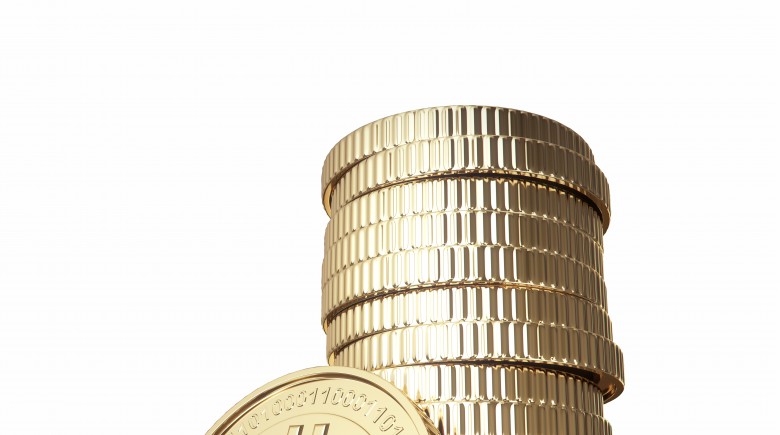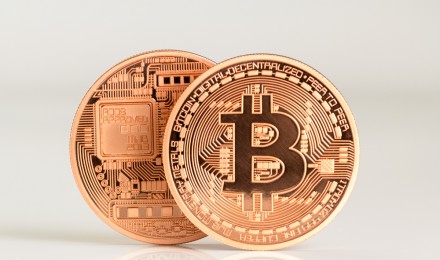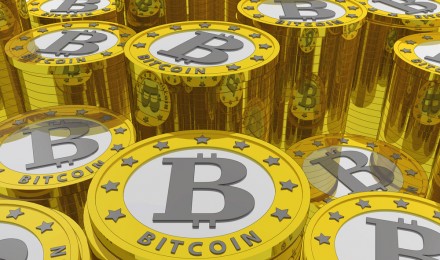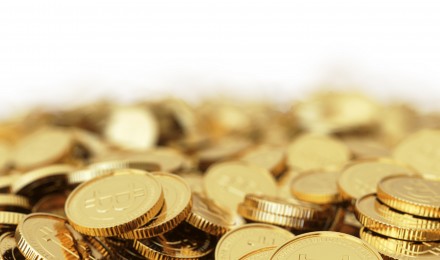And not just any old company either. Baidu, the huge internet corporation has cleared the way. It is for just a small portion of their business, namely Jiasule, a firewall subsidiary, but it is significant. While Bitcoin has gone in and out of favor, and the news, it has been quietly chugging along. This news, however, could be game changing for the still nascent “crypto” currency. And while that is certainly an interesting development it may be dwarfed by what this could mean for all Americans. There is little doubt (ok, no doubt) that Baidu would not have approved Bitcoin without permission from the government of China. And that is what is curious. Of course, for now, it is just a happy development for those Bitcoin enthusiasts:
Jiasule is only a small part of Baidu’s entire business, but its move follows a number of other recognizable web sites, such as WordPress, Reddit and OkCupid, that have begun accepting Bitcoins, says Nicolas Christin, an assistant research professor at Carnegie Mellon University.
Yes, it does seem that Bitcoin is heading in the right direction, although there have been some bumpy moments. Silk Road, that rather infamous drug dealer company that used Bitcoin the same way one might use cash–that is anonymous transactions that could not be traced, has been entangled in problems. Not because of Bitcoin, but because of drug dealing (allegedly of course). The founder of Silk Road has been arrested and there have been more than a few questions directed at Bitcoin and its viability. The China announcement will certainly help erase some of the admittedly indirect associations with Silk Road.
But what is really going on here? Why would China, of all countries allow Bitcoin on its shores? Well, it is no secret that they have lobbied relentlessly to bring down king dollar. Not necessarily its value, but its universality. More than once have they tried to bypass the dollar completely in major transactions. Could this be one more quiet arrow aimed at the dollar? It certainly seems to be, at least superficially. Has China calculated that it is better to take a loss on its U.S. debt holdings (over the long term) than to allow the dollar its continued dominance? Could they have a long term plan to help hasten the end of the dollar? Well, probably, but its success remains to be seen of course. Still, if a country was to take down the dollar, it would be doing everything China is doing now.
Now, of course there is a strong argument to be made that China is simply allowing a tiny “crypto” currency into the country as a way to show how modern their economy is and how confident they are in their own currency. And let’s face it, Bitcoin will hardly change the relations between the two countries in any significant way. Still, this is China we are talking about here. What benefit is it to them to allow Bitcoin to freely circulate in their country. Interesting for Bitcoin, but maybe more so for everyone–eventually
And not just any old company either. Baidu, the huge internet corporation has cleared the way. It is for just a small portion of their business, namely Jiasule, a firewall subsidiary, but it is significant. While Bitcoin has gone in and out of favor, and the news, it has been quietly chugging along. This news, however, could be game changing for the still nascent “crypto” currency. And while that is certainly an interesting development it may be dwarfed by what this could mean for all Americans. There is little doubt (ok, no doubt) that Baidu would not have approved Bitcoin without permission from the government of China. And that is what is curious. Of course, for now, it is just a happy development for those Bitcoin enthusiasts:
Jiasule is only a small part of Baidu’s entire business, but its move follows a number of other recognizable web sites, such as WordPress, Reddit and OkCupid, that have begun accepting Bitcoins, says Nicolas Christin, an assistant research professor at Carnegie Mellon University.
Yes, it does seem that Bitcoin is heading in the right direction, although there have been some bumpy moments. Silk Road, that rather infamous drug dealer company that used Bitcoin the same way one might use cash–that is anonymous transactions that could not be traced, has been entangled in problems. Not because of Bitcoin, but because of drug dealing (allegedly of course). The founder of Silk Road has been arrested and there have been more than a few questions directed at Bitcoin and its viability. The China announcement will certainly help erase some of the admittedly indirect associations with Silk Road.
But what is really going on here? Why would China, of all countries allow Bitcoin on its shores? Well, it is no secret that they have lobbied relentlessly to bring down king dollar. Not necessarily its value, but its universality. More than once have they tried to bypass the dollar completely in major transactions. Could this be one more quiet arrow aimed at the dollar? It certainly seems to be, at least superficially. Has China calculated that it is better to take a loss on its U.S. debt holdings (over the long term) than to allow the dollar its continued dominance? Could they have a long term plan to help hasten the end of the dollar? Well, probably, but its success remains to be seen of course. Still, if a country was to take down the dollar, it would be doing everything China is doing now.
Now, of course there is a strong argument to be made that China is simply allowing a tiny “crypto” currency into the country as a way to show how modern their economy is and how confident they are in their own currency. And let’s face it, Bitcoin will hardly change the relations between the two countries in any significant way. Still, this is China we are talking about here. What benefit is it to them to allow Bitcoin to freely circulate in their country. Interesting for Bitcoin, but maybe more so for everyone–eventually






